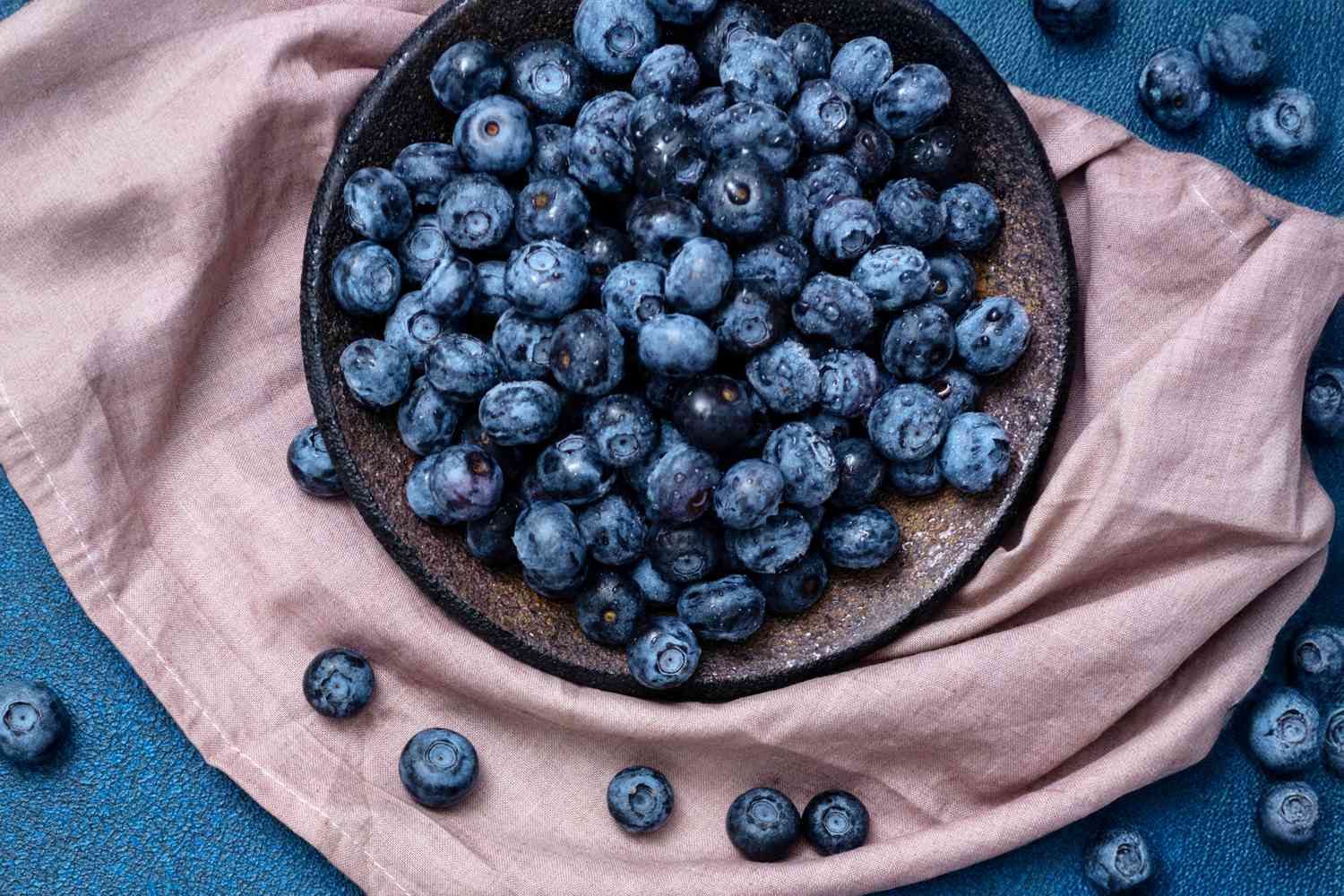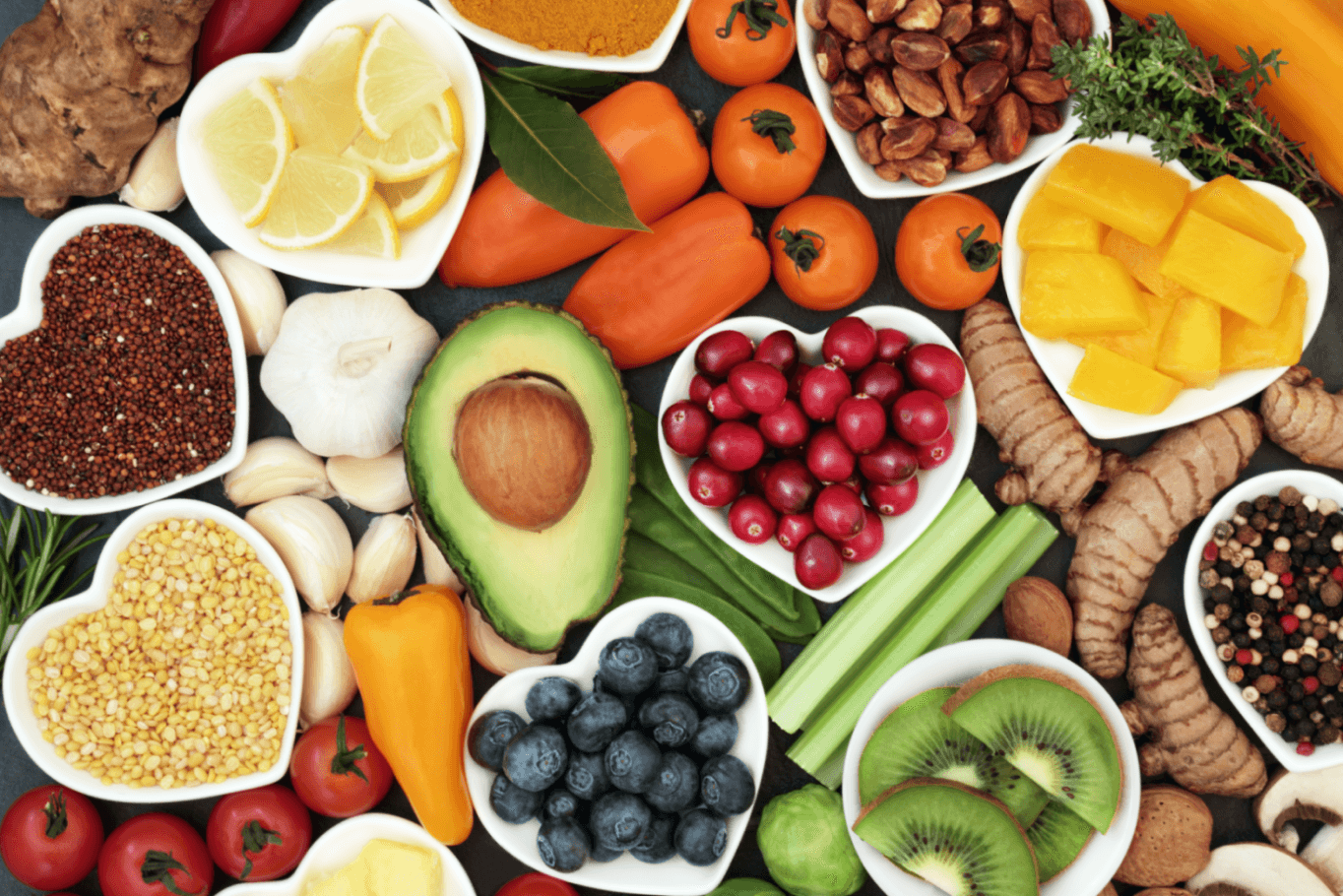Eating for Wellness: How Food Choices Shape Your Health and Longevity

In today’s fast-paced world, food is often treated as a convenience rather than a cornerstone of health. Yet what we eat profoundly affects our energy, mood, immune system, disease risk, and overall quality of life. The growing awareness of the link between nutrition and health has sparked a global movement toward healthier eating — and for good reason.
Food is more than fuel; it’s medicine, culture, connection, and prevention. When chosen wisely, it can help manage weight, prevent chronic disease, and promote physical and mental well-being. This article explores the critical relationship between food and health, the principles of a balanced diet, emerging nutritional trends, and how small changes in your eating habits can have a lifelong impact.
The Foundation: You Are What You Eat
The age-old saying still rings true: you are what you eat. The nutrients in food become the building blocks of your body — influencing how cells regenerate, how your brain functions, and how your organs perform. Poor nutrition can lead to fatigue, inflammation, weight gain, and a host of chronic illnesses including:
-
Heart disease
-
Type 2 diabetes
-
High blood pressure
-
Certain types of cancer
-
Osteoporosis
-
Depression and anxiety
On the other hand, a nutrient-rich, whole-foods-based diet supports:
-
Healthy metabolism
-
Immune system strength
-
Better sleep and focus
-
Hormonal balance
-
Faster recovery and aging resilience
Understanding Macronutrients and Micronutrients
Macronutrients: The Big Three
-
Carbohydrates
Provide energy. Choose complex carbs (e.g., whole grains, vegetables, legumes) over refined sugars and white bread. -
Proteins
Essential for muscle repair, enzyme function, and immune health. Sources include lean meat, fish, eggs, beans, tofu, and dairy. -
Fats
Crucial for brain health and hormone production. Opt for healthy fats like avocados, olive oil, nuts, and seeds over trans fats or processed oils.

Micronutrients: The Unsung Heroes
Micronutrients include vitamins (like A, C, D, and B-complex) and minerals (like calcium, magnesium, iron, and zinc). They support everything from bone strength to nerve function. A diverse diet with fruits, vegetables, nuts, seeds, and whole grains ensures sufficient intake.
The Importance of Whole Foods
Whole foods are minimally processed and retain their natural nutrients. These include:
-
Fresh fruits and vegetables
-
Whole grains (brown rice, oats, quinoa)
-
Legumes (beans, lentils, peas)
-
Nuts and seeds
-
Lean proteins
Whole foods are rich in fiber, antioxidants, and phytochemicals that help reduce inflammation, support digestion, and protect against disease.
Highly processed foods, on the other hand, often contain:
-
Added sugars
-
Unhealthy fats
-
Artificial ingredients
-
Low nutritional value
Regular consumption of processed food has been linked to obesity, insulin resistance, and metabolic syndrome.
Gut Health: The New Frontier in Nutrition
Emerging research highlights the gut microbiome — the trillions of bacteria in our digestive system — as a key player in overall health.
Why Gut Health Matters:
-
Supports digestion and nutrient absorption
-
Regulates immune response
-
Affects mood and brain function via the gut-brain axis
-
Influences weight management and inflammation
How to Support Gut Health:
-
Eat fiber-rich foods (vegetables, fruits, whole grains)
-
Include fermented foods like yogurt, kefir, kimchi, sauerkraut, and kombucha
-
Avoid excessive antibiotics and added sugars
-
Consider prebiotics (foods that feed good bacteria) like garlic, onions, and bananas
Superfoods That Boost Health
Superfoods are nutrient-dense foods that offer high levels of antioxidants, vitamins, and minerals. Incorporating these into your diet can enhance overall well-being.
Examples include:
-
Leafy greens (spinach, kale): high in iron, calcium, and folate
-
Berries (blueberries, strawberries): rich in antioxidants and fiber
-
Nuts and seeds (chia, flaxseed, almonds): full of omega-3s and protein
-
Fatty fish (salmon, sardines): anti-inflammatory omega-3s
-
Turmeric: anti-inflammatory and antioxidant powerhouse
-
Avocados: healthy fats and fiber
While no single food is a cure-all, regularly eating a wide variety of these nutrient-rich items supports long-term wellness.
Hydration: Often Overlooked, Always Essential
Water makes up about 60% of the human body. Staying hydrated is crucial for:
-
Temperature regulation
-
Joint lubrication
-
Nutrient transport
-
Cognitive function
Aim for at least 8 glasses (2 liters) a day, more if you exercise or live in a hot climate. Herbal teas, fruit-infused water, and hydrating fruits (like watermelon and cucumber) can also contribute to fluid intake.
Nutrition and Mental Health
There’s increasing evidence linking diet and mental well-being. Nutritional psychiatry focuses on how food affects the brain and mood.
Nutrients that support mental health:
-
Omega-3 fatty acids (fatty fish, walnuts)
-
B vitamins (leafy greens, eggs, legumes)
-
Magnesium (pumpkin seeds, bananas, dark chocolate)
-
Tryptophan (turkey, oats, nuts) — helps produce serotonin
-
Probiotics (yogurt, kefir) — support gut-brain connection
People who follow Mediterranean-style diets, rich in plants, fish, and healthy fats, often report lower rates of depression and anxiety.
Common Myths in Health & Food
-
“Fat is bad” — Not all fats are equal. Healthy fats are essential.
-
“Carbs make you fat” — Refined carbs can, but complex carbs are beneficial.
-
“You need to detox with juice cleanses” — Your liver and kidneys already detox your body naturally.
-
“Eating healthy is too expensive” — Whole grains, beans, seasonal produce, and home-cooked meals can be both healthy and budget-friendly.
The key is understanding that balance and consistency matter more than strict diets or trends.
Practical Tips for Healthier Eating
-
Plan meals and shop with a grocery list
-
Cook at home more often to control ingredients
-
Read nutrition labels to avoid hidden sugars and sodium
-
Practice portion control — eat until satisfied, not stuffed
-
Snack smart — opt for fruit, nuts, or yogurt
-
Don’t skip meals — especially breakfast
-
Mindful eating — slow down, chew thoroughly, and enjoy your food
These habits build a sustainable relationship with food and encourage long-term health benefits.

Conclusion: Food as a Path to Lifelong Health
In a society flooded with fad diets and fast food, making mindful, health-conscious food choices is an act of empowerment. The connection between health and food is undeniable — what you eat today shapes how you feel tomorrow.
You don’t need a perfect diet. You need a balanced, consistent approach focused on whole foods, hydration, and self-awareness. Nourishing your body is a daily opportunity to invest in your future, prevent illness, and feel your best — physically, mentally, and emotionally.
The next time you reach for a snack or prepare a meal, ask yourself: “Is this food serving my health or just my hunger?” The more often you choose health, the more naturally wellness will follow.






